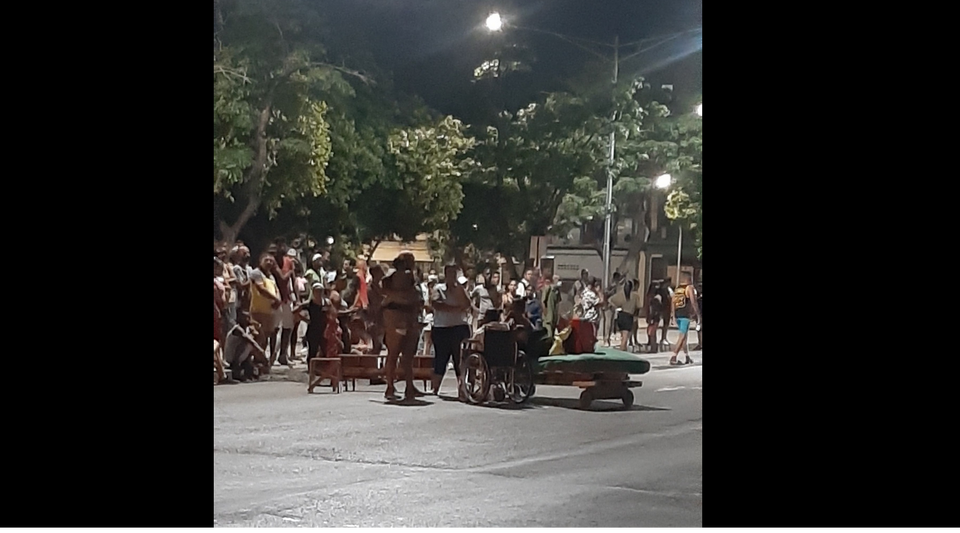Carolina Gomez Mena
Newspaper La Jornada
Friday, July 15, 2022, p. eleven
On the eve of the International Day of Afro-Latin, Afro-Caribbean and Diaspora Women, UN Women Latin America pointed out that the sexual division of labor not only translates into a greater burden of domestic and care work for them, but also has other effects such as development of precarious and informal work, wage discrimination, inequalities in access and stability of employment and in the use and control of resources.
It also affects social lack of protection, disparities in affiliations to pension systems and social protection, and projections of poverty higher than that of men during old age.
She added that being women and Afro-descendants in Latin America and the Caribbean is a challenge, as they experience triple discrimination caused by gender, race and poverty.
Every July 25th this date is commemorated, which aims to make Afro-descendant women visible and promote policies that improve their quality of life, eradicate racism and discrimination.
The agency added that it is conducting a virtual survey to gather information on the needs, demands and recommendations of Afro-descendants.
UN Women asks, for example, what are the main needs they face in terms of care; if they participate in the design and implementation of initiatives related to the issue and what would be the main recommendation to promote that the interests of people of African descent form an integral part of the initiatives related to care.
In the debate on the economic autonomy of Afro-descendant women, the role played by gender inequalities and ethnic-racial status, based on the sexual and racial division of labor, stands out.














